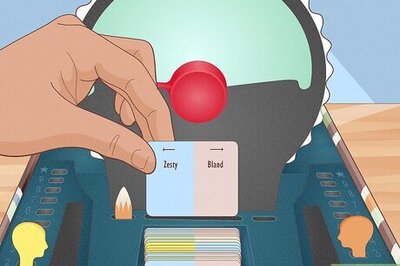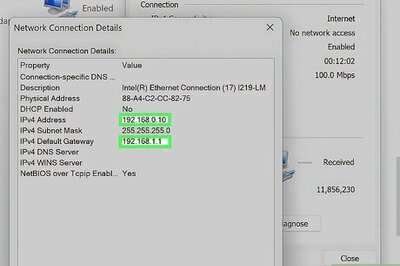
views
Washington: The US government is believed to have received about 250,000 petitions for H-1B visas - the most sought after American work visas - with a majority of them being from either Indian companies or having huge footprint in India.
The US Citizenship and Immigration Services on Friday said it has reached the Congressional mandated cap for H-1B visas in the general category and also the 20,000 for those who completed higher education from inside the US in STEM (science, technology, engineering and mathematics) subjects.
USCIS did not give the number of H-1B petitions it received since April 1, when it started accepting applications for this most coveted visa for the fiscal year 2017 beginning October 1, 2016. But, it says the successful petitions would be determined by a computerised draw of lots.
"We had 230,000 H-1B visa petitions last year. I think, this year it is going to be higher. We think 250,000 H-1B petitions were filed this year," Bill Stock, incoming president of American Immigration Lawyers Association (AILA) and a founding partner of Klasko Immigration Law Partners said.
Stock's estimates are based on his experience and interaction with lawyers and those groups who mostly file H-1B visas. This is fourth consecutive year that the Congressional mandated cap has been reached in the first five days of the filing. "Unless the economy changes again, we would continue to see it," he said.
Majority of these estimated 250,000 H-1B visa applications are "certainly" either by companies that have Indian owner like TCS or companies that have substantial operations or development centres in India like IBM, Stock said in response to a question.
The recent increase on certain category of H-1B visas, he said, "may have had a little impact" on Indian companies. "But I think their business so much depends on H-1B and being able to send people on projects, they (Indian companies) are going to pay fees on those petitions," Stock said.
President of the American Immigration Lawyers Association (AILA) Victor Nieblas Pradis said the "avalanche" of petitions for H-1B visas mean that USCIS will once again randomly determine which of those petitions will actually be considered for one of the 85,000 available visas.
Each petition not selected is a business need unfulfilled and a growth opportunity that is delayed or thwarted. "However, artificial limits established more than a generation ago are again hobbling the economic potential of this great nation," Pradis said, calling for lifting this visa cap.
"Why do we continue to artificially limit this program? In a reasonable system, market demand should factor into how many business visas are granted, and indeed, demand for H-1B visas slowed when the economy took a downturn. But each year that we cap these visas when demand outweighs supply, all we're doing is creating obstacles to economic growth. We're losing out on shared prosperity for no good reason," he said in a statement.
The US is one of the most important economies in the world, but its full potential is going unrealised, he said. "We live in a wireless world, but our visa system is a relic from the days of the dial-up modem. It's long past time for Congress to lead on this issue and reform the H-1B program in a way that addresses the needs of American businesses, US workers and our economy. Congress must bring our immigration system out of the last century and into this one," Pradis said.




















Comments
0 comment